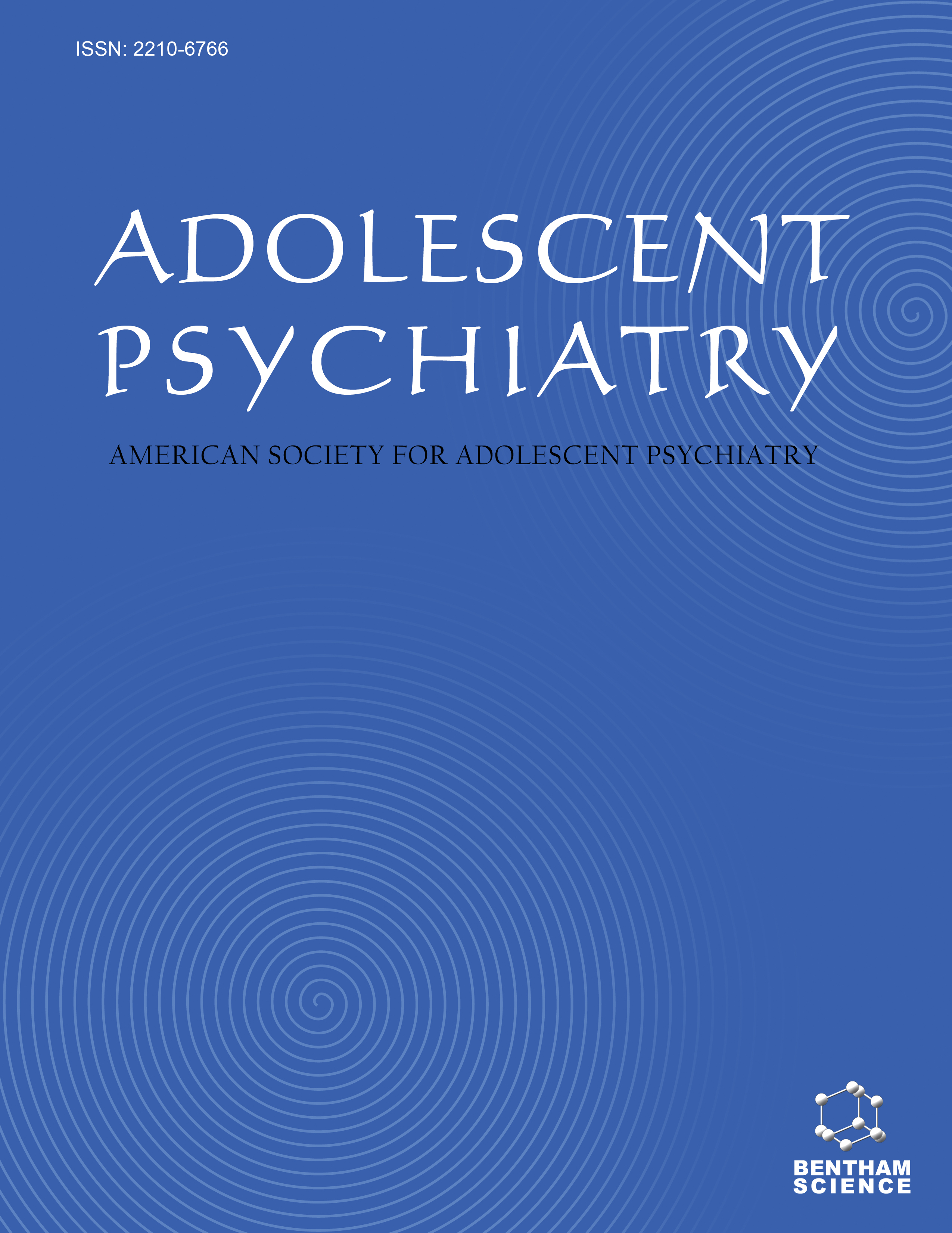Adolescent Psychiatry - Volume 11, Issue 2, 2021
Volume 11, Issue 2, 2021
-
-
Implications of Cannabis Legalization: A National and International Perspective
More LessAuthors: Theodore A. Petti and John C. ChatlosBackground: Issues related to the legalization of cannabis have significantly increased over the past 25 years. Federal policy has become minimally more flexible but essentially maintains marijuana’s dangerous drug status. Myriad laws and regulations characterize the legal status of cannabis across the US and internationally. Contradictory laws and regulations across states result from a lack of coherent federal policy, thus leaving states to address public health, cannabis industry and consumer pressures. Research prohibition has made public policy development difficult and informed by inadequately supported, restricted science. Objective 1. Consider key issues related to cannabis legalization and distinctions between gradients to access for medical purposes, decriminalization or adult recreational use. Objective 2. To consider the status of cannabis legalization on a state and global basis. Objective 3. Consider implications of cannabis legalization and avenues for mitigating harm. Methods: A review of the background to cannabis legalization intends to provide insight into cannabis’ current legal status and options being considered for advocacy and policy development. The three major classifications of legalized marijuana are detailed; cannabidiol or hemp and synthetic cannabinoids are considered separately. Results: The status of cannabis within the US and globally has often been discordant with reality and science, and rigid with pressures to effect change. The diversity of state and international laws is significant, even within the same designation into one of the three major classes or cannabidiol. Conclusion: Science-based standardized federal and state laws and regulations to meet the special needs of adolescents and emerging adults must be pursued.
-
-
-
Marijuana Legalization in Colorado: Increasing Potency, Changing Risk Perceptions, and Emerging Public Health Concerns for Youth
More LessAuthors: Jesse D. Hinckley and Christian HopferBackground: Marijuana legalization occurred gradually in Colorado through political processes. Objectives: This review aimed at describing the history of marijuana legalization and correlated shifts in product availability, use patterns, and risk perceptions and describes associated emerging concerns with this process for adolescents and young adults. Methods: This review focuses on the history of marijuana legalization and correlated shifts in product availability, use patterns, and risk perceptions. Results: Along with the legalization of marijuana, there has been strong commercialization characterized by the widespread development of dispensaries, new products including edibles and concentrates, and an overall lowering of the “price per serving” of marijuana. While the frequency of marijuana use among adolescents does not appear to have shifted substantially, young adult patterns of use have demonstrated an increase in usage. A substantial shift has occurred in the increasing use of concentrates and high potency products. Emerging concerns related to high potency products include increased acute care visits, prevalence and outcomes of comorbid mental health disorders, cannabis-induced psychosis, driving while high, marijuana-related lung injuries, and increased use during pregnancy. Yet, there are also potential medical uses of marijuana. Conclusion: To date, scientific evidence of the mental or physical effects of high potency products is currently very limited. Clinical issues related to the treatment of marijuana use and comorbid psychiatric disorders in youth are discussed with a focus on how low risk perceptions influence treatment considerations.
-
-
-
Science Up in Smoke: One Psychiatrist’s Journey Through the Politics of Cannabis Legalization
More LessBackground: Many states are currently considering legislature that would legalize and commercialize cannabis for medical and recreational purposes. Physicians and other health professionals are frequently called upon to offer an expert opinion on the public health implications of these bills. For many, the role of a scientific expert and advocate in a political process is new. Objective: This study aims to outline themes and lessons learned for clinicians engaged in deliberations over cannabis legislation and to describe how science can get used and misused in the political process. Method: This article describes the experience of a psychiatrist who was actively involved in one state’s deliberations through cannabis legalization bills. Results: Major themes that emerged during the process are described as are recommendations for other health professionals who may find themselves involved in similar processes related to cannabis legalization and other controversial initiatives that rely on the interpretation of scientific information. Conclusion: Psychiatrists and other clinicians can make important contributions to the political process for legislative debates that involve science-based mental health information.
-
-
-
Implications of Adult Use Cannabis Legalization for Adolescent Use, Perceptions, Health, and Consequences
More LessAuthors: Mark D. Elliott and Bryon AdinoffzBackground: Adult-use cannabis legalization is being increasingly embraced by various jurisdictions in the United States (US) and internationally. As adolescents are particularly vulnerable to the negative consequences of cannabis, it is essential to ensure that the effects of adult-use legalization are minimized. Objectives: This review aimed to synthesize the extant literature exploring the impact of adult-use legalization on adolescents and provide recommendations for future action. We focused on the following domains: 1) prevalence of use, 2) highfrequency use, 3) perceived harm, 4) perceived availability, 5) modes of use, 6) potency, 7) mental health and medical outcomes, and 8) legal consequences. Methods: Narrative review is focused on adult-use legalization in the US. Results: Adolescent cannabis use prevalence in US legal (as well as illegal) states has remained essentially stable since the advent of adult-use legalization. Criminal penalties for adolescents have not decreased in legal states and maybe increasing; out-of-school suspensions for cannabis use may also be increasing. It is uncertain whether reported decreases in national rates of perceived harm and availability and increases in cannabis frequency and potency of use in adolescents differ between legal and illegal states. The impact of legalization on adolescent health outcomes remains uncertain. Conclusion: At this early stage of adult-use legalization, we recommend that jurisdictions implement real-time, detailed monitoring to assess adolescent outcomes. In addition, both criminal penalties and out-of-school suspensions for cannabis infractions should be minimized.
-
Most Read This Month


